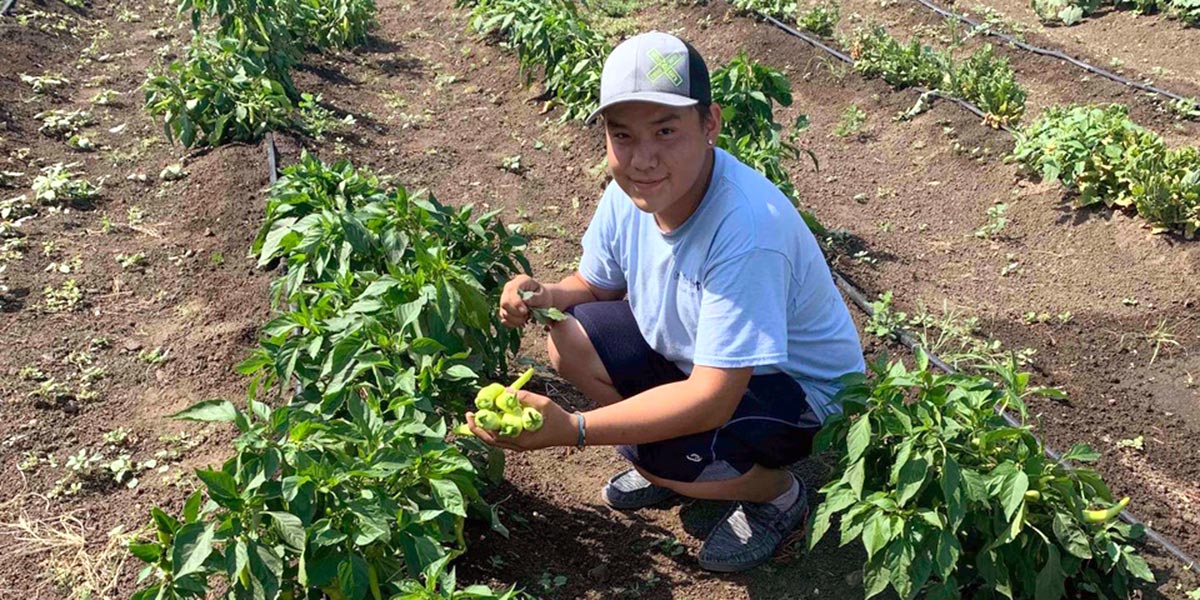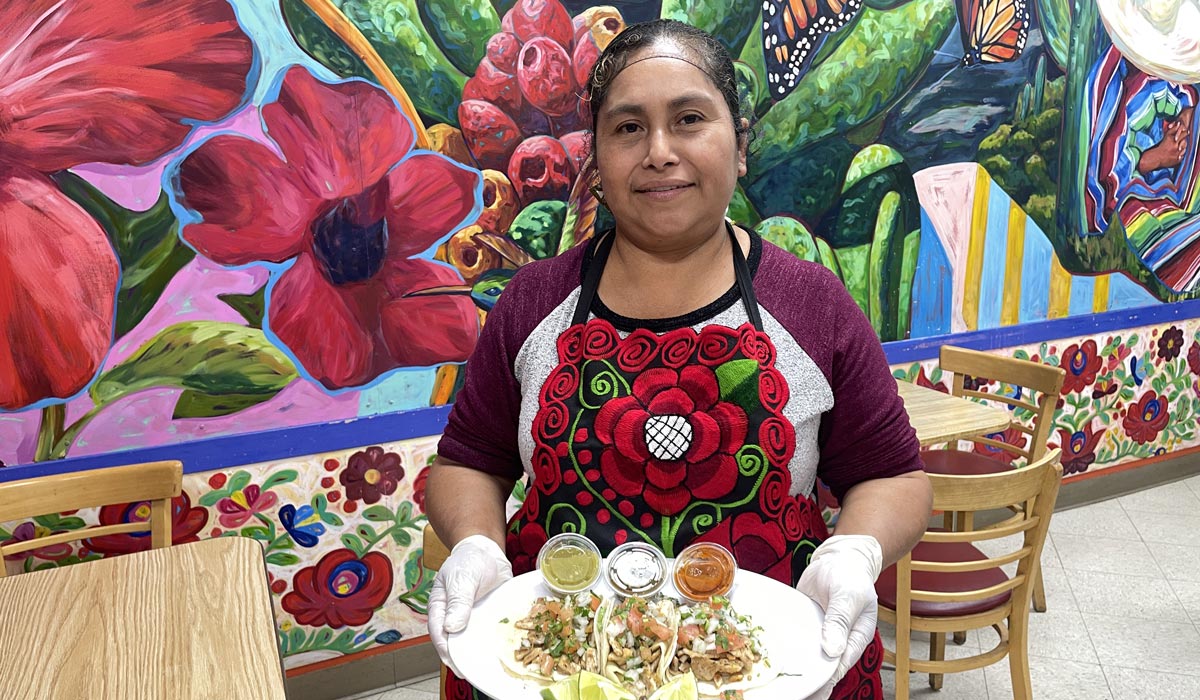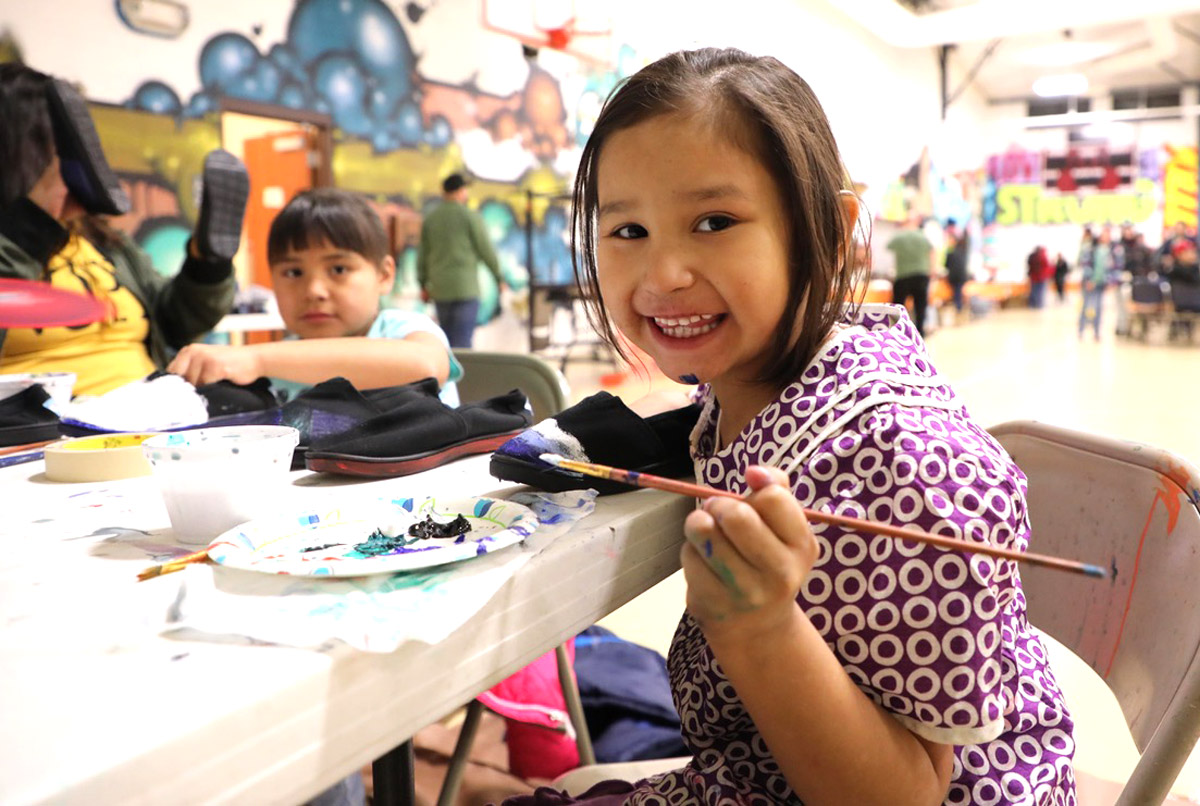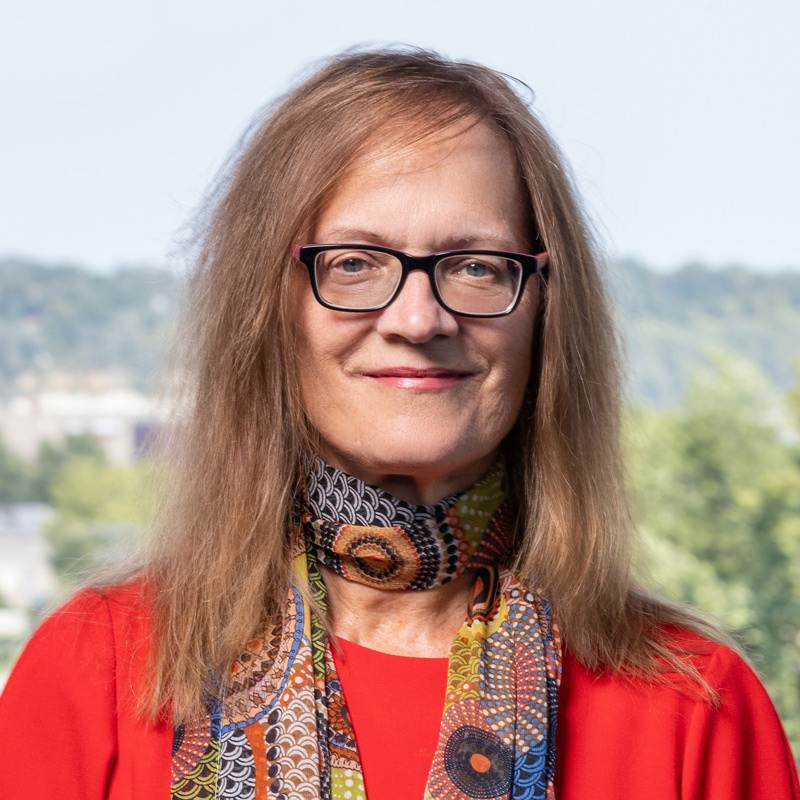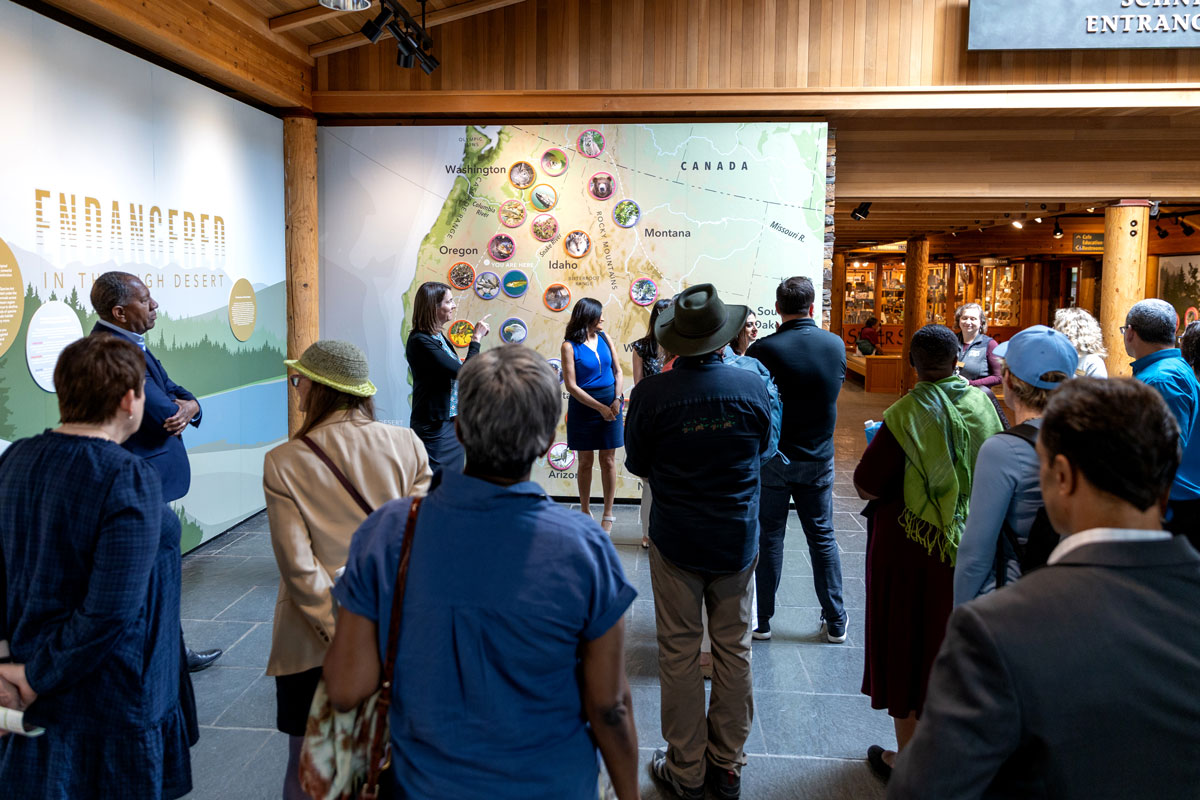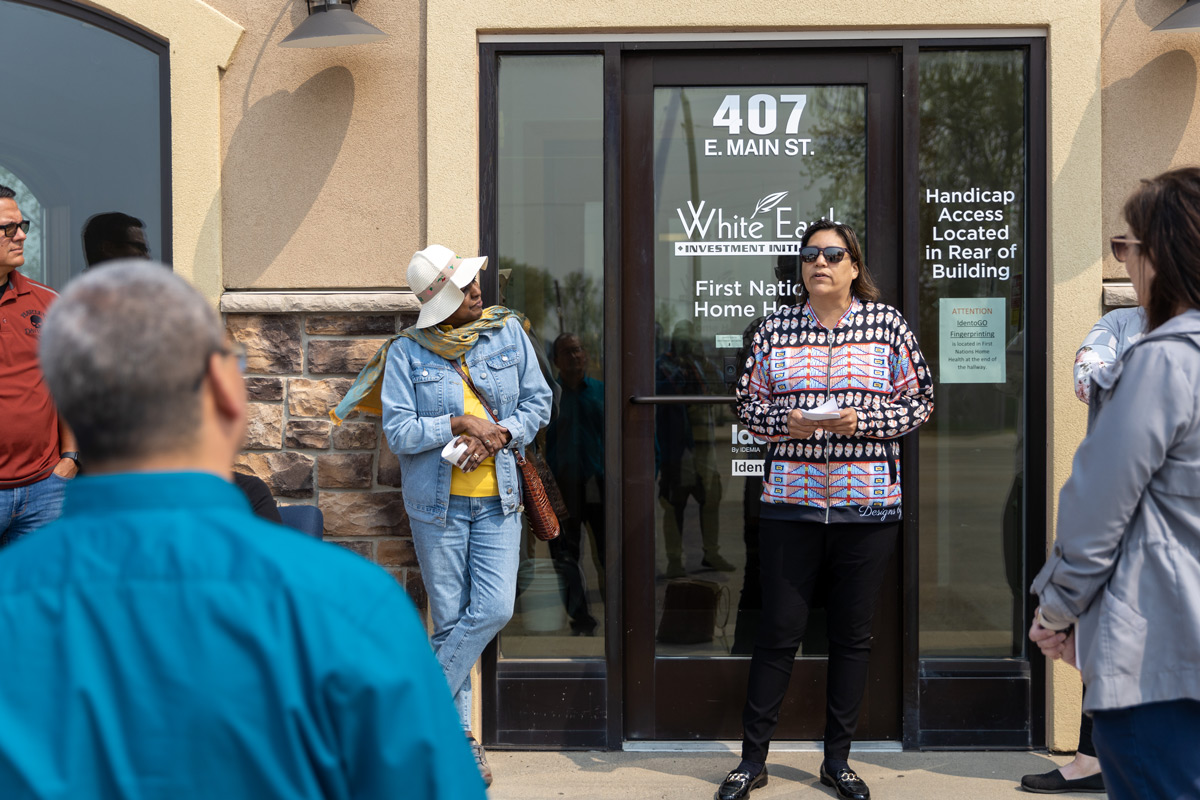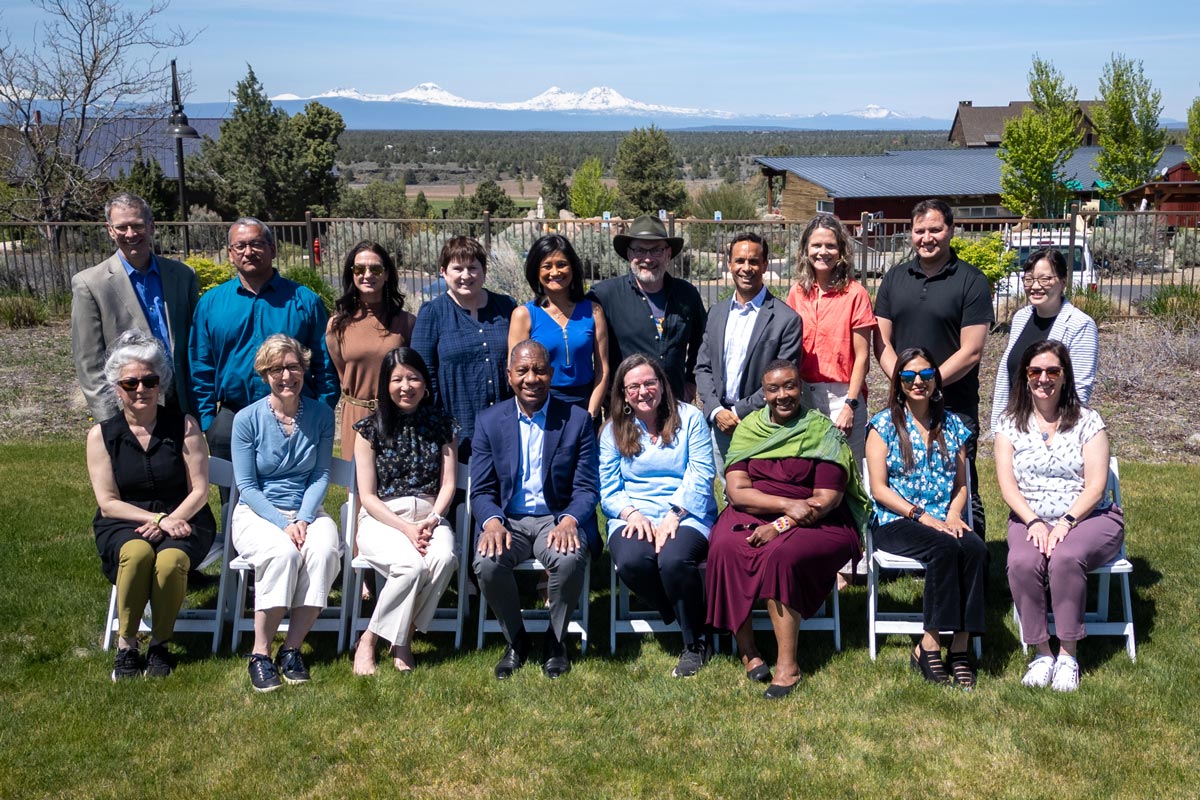Our grantees and we believe that five conditions lead to justice.
As we learn how to advance justice in meaningful, lasting ways, we’ve looked to our grantees’ expertise. They’ve been doing this work for decades and lead it with courage and wisdom. Collaboratively, with our grantees and other thought leaders, we’ve discovered that our grantmaking should support five conditions that consistently help produce justice for communities.
1 | HEALING
The restoration of personal and collective well-being from the suffering caused by injustices, rooted in history and harming people today. Healing happens through truth and reconciliation, safe and affirming places that strengthen social connections, spiritual well-being, identity, self-worth, and belonging.
2 | CULTURAL WISDOM
Ways of thinking passed on across generations, reflecting communal values and worldviews and serving as a guide for individuals and communities to live and thrive. Cultural wisdom provides vitality and resilience for communities suffering injustice, so they can thrive on their own terms.
3 | SYSTEMIC CAUSES
Formal policies, practices, and beliefs that lead to injustice by creating advantages for members of a dominant group while creating disadvantages for members of groups who don’t share the same identity. Solutions that intentionally create a sense of belonging for all groups, and remove specific barriers that harm people and hold back their communities, can counteract systemic causes of injustice.
4 | SELF-DETERMINATION AND POWER
The ability of community members to make decisions about their lives and to enact their decisions. Communities need to have self-determination and power to change the systems of policies, practices, and beliefs that harm them so they can seek and achieve justice.
5 | ACCOUNTABILITY TO COMMUNITIES
Grant partners have staff and board members who come from communities impacted by injustice. Their program design and evaluation are based on direct engagement with community members. When organizations are accountable to their communities, they help ensure their efforts to advance justice are responsive to communities at every step.
